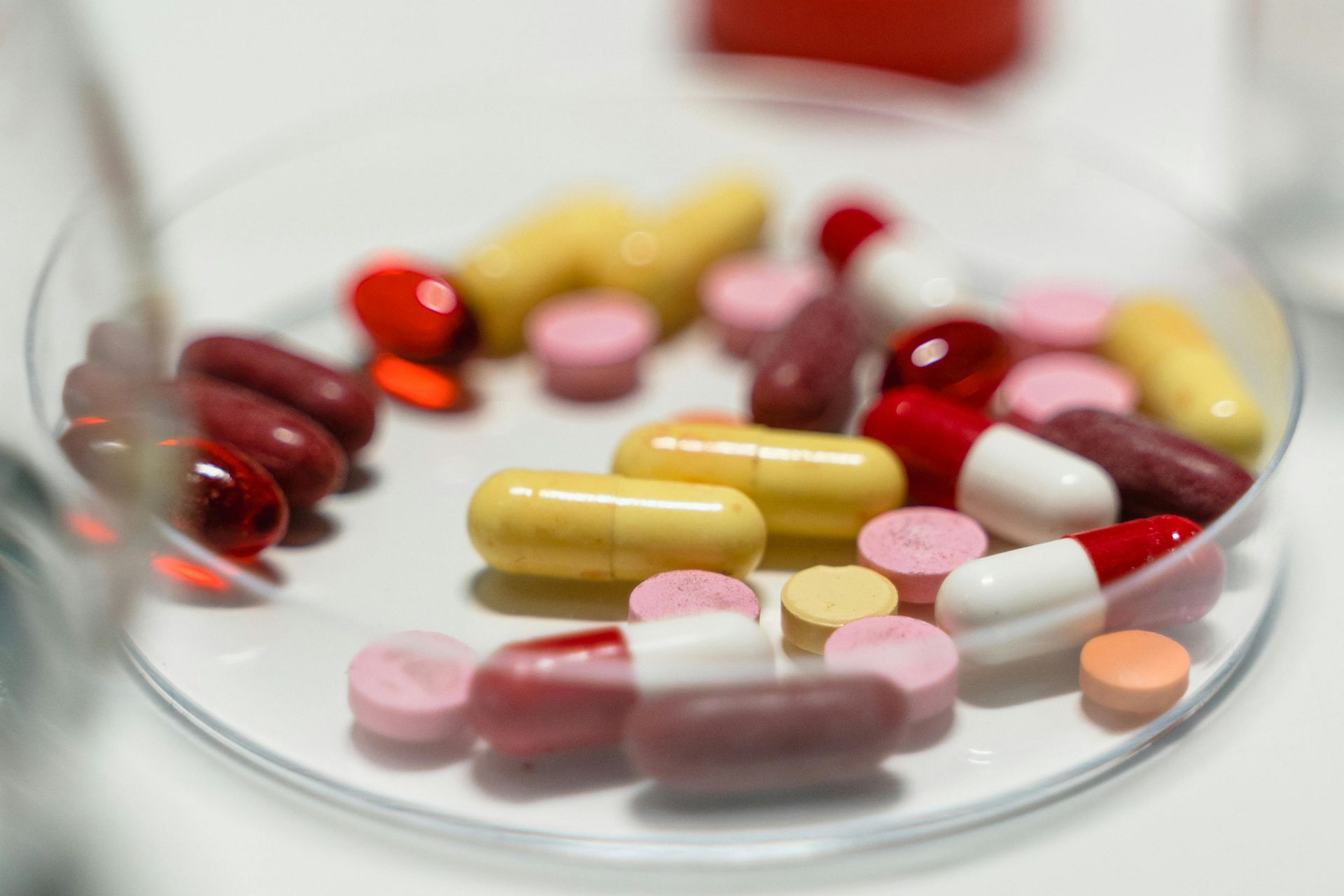The Sweet Deception: Why Artificial Sweeteners Are Making You Sick and Fat
Zero Calories, Big Problems – The Hidden Dangers of Artificial Sweeteners

Artificial sweeteners may have zero calories, but that doesn’t mean they’re good for you. Some people love Diet Coke, others hate it, but most don’t realize that these zero-calorie drinks do not help with weight loss. We all know regular soda is packed with sugar—one can of regular Coke contains 39 grams of sugar (about 10 teaspoons!). So, when people try to lose weight or get healthier, they often switch to diet sodas and other artificially sweetened products. But instead of cutting back on sugar, we try to outsmart nature and find loopholes that simply don’t exist.
All Artificial Sweeteners Are Bad for You
The FDA has approved five artificial sweeteners for use in food and beverages:
- Saccharin (Sweet’N Low)
- Acesulfame K (Sunett, Sweet One)
- Aspartame (Equal, NutraSweet)
- Sucralose (Splenda)
- Neotame (Used primarily by food manufacturers)
Despite their approval, studies have consistently linked artificial sweeteners to various health risks.
The Dangers of Artificial Sweeteners
Here’s why these “zero-calorie” sweeteners may be sabotaging your health:
- Increased Risk of Diabetes & Metabolic Syndrome: A study on heart disease found that people who consumed diet drinks daily had a greater risk of developing diabetes and metabolic syndrome—conditions that artificial sweeteners were supposed to help prevent.
- Potential Carcinogenic Effects: Several animal studies have linked artificial sweeteners to cancer. While the FDA maintains that these sweeteners are safe in moderation, the research is concerning enough to warrant second thoughts.
- Disrupts Gut Health: Artificial sweeteners destroy beneficial gut bacteria, which play a crucial role in digestion and immune function. Studies show that damage to gut microbiota can lead to glucose intolerance, a precursor to diabetes.
- Neurological Side Effects: Artificial sweeteners contain excitotoxins, which overstimulate neurons and have been linked to headaches, mood disorders, and cognitive issues.
Still Think Your Diet Soda Is Healthy? Think Again.
Artificial sweeteners can be 200 to 600 times sweeter than sugar, yet they have zero calories because they are not metabolized by the body in the same way as sugar. Sounds like a great way to curb your sugar cravings, right? Wrong.
Here’s why:
- Normally, when you consume something sweet, your body expects calories to follow.
- With artificial sweeteners, your brain gets confused when it tastes sweetness without calories.
- To compensate for the missing energy, your body increases your hunger levels.
- The result? You end up eating more food, not less, sabotaging your weight loss goals.
Artificial Sweeteners & Weight Gain
The science is clear: artificial sweeteners can lead to weight gain instead of weight loss.
- Studies show that consuming yogurt flavored with saccharin or aspartame leads to more weight gain than yogurt sweetened with regular sugar.
- In the 10 + 20 Program, we learned that artificial sweeteners increase hunger, slow metabolism, and cause body fat to rise by up to 15%—in just two weeks!
Artificially Sweetened Beverages: Just as Bad as Regular Soda
Some researchers argue that drinking artificially sweetened beverages is just as problematic as drinking sugar-sweetened ones. And if you ever come across a study claiming artificial sweeteners promote health, chances are it was funded by the food industry.
The Takeaway: Avoid the Fake Sweet Stuff
If you truly want to cut back on sugar, the answer is not artificial sweeteners. Instead:
- Reduce your overall sugar intake naturally. Programs like the 10 + 20 Program show you how.
- Choose whole foods and naturally sweet options like fruit ( not to be mistaken for fruit juice)
- Drink water, herbal tea, or infused water with fresh fruit and herbs
Artificial sweeteners are just another big food industry scam that tricks people into thinking they are making healthier choices. Don’t fall for it.
Stay informed, stay healthy!
For more insights on nutrition and metabolic health, subscribe to our blog, follow us on social media and check out our 10 + 20 Program for expert guidance on healthy eating.
What’s Your Take?
Have you experienced negative effects from artificial sweeteners? Let’s talk in the comments!



